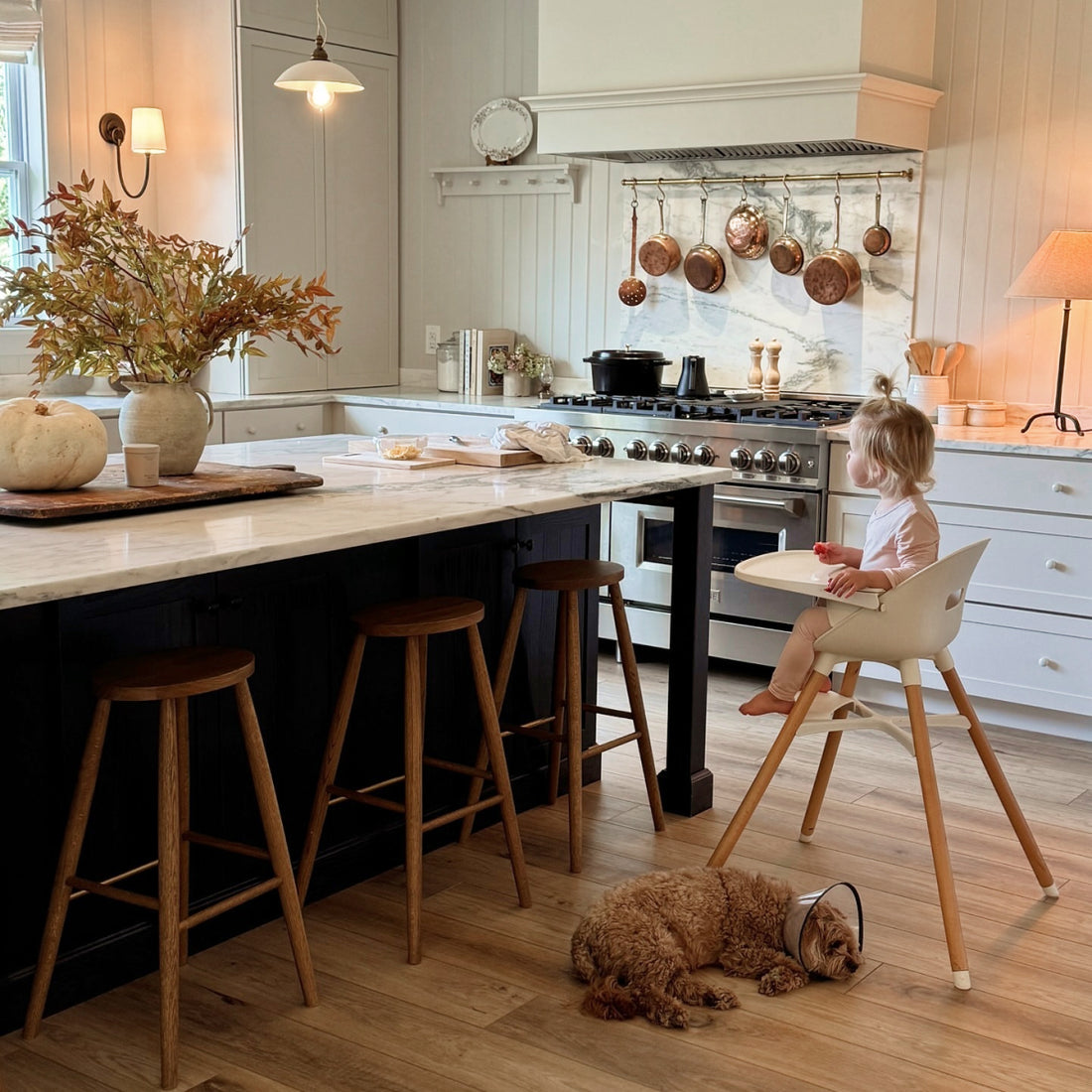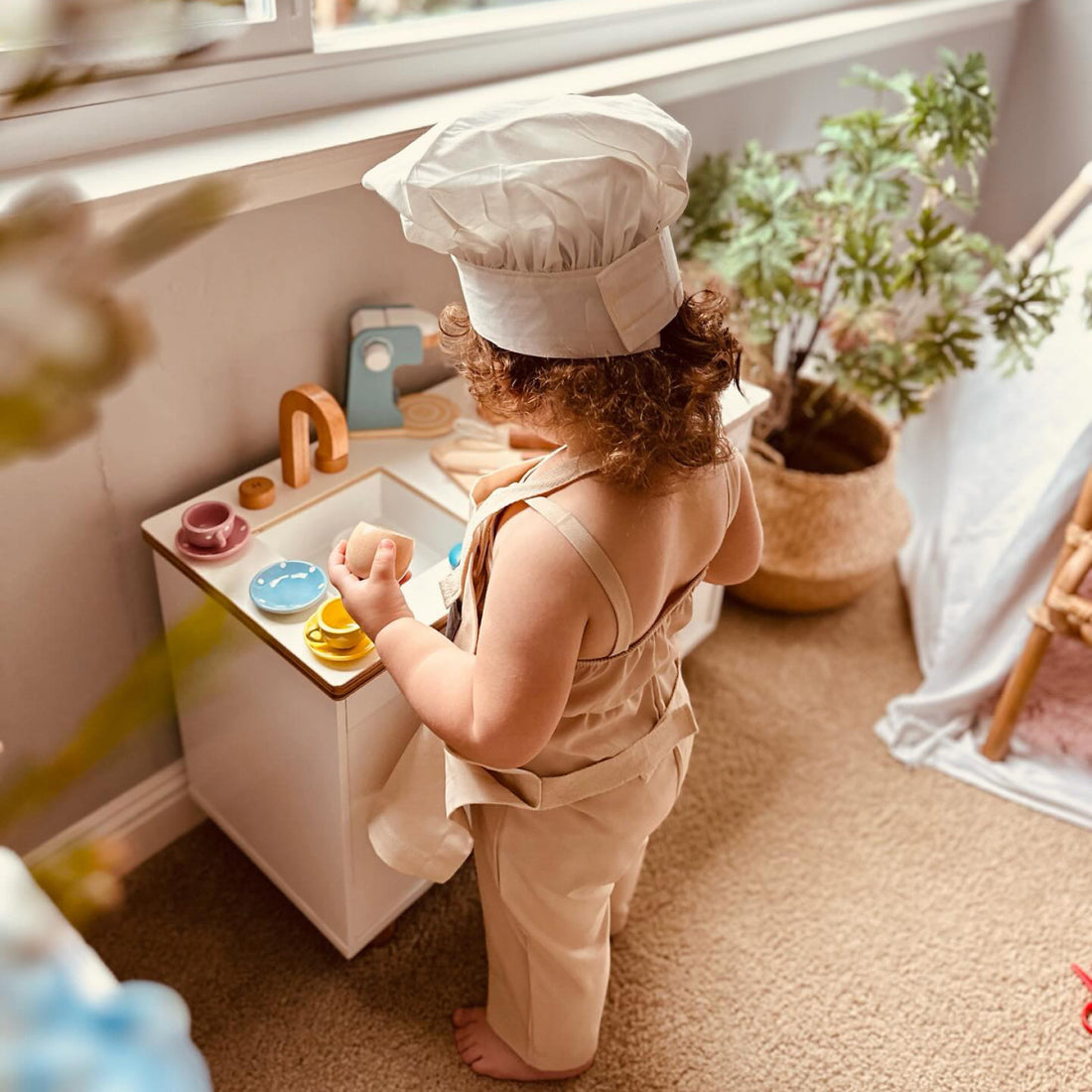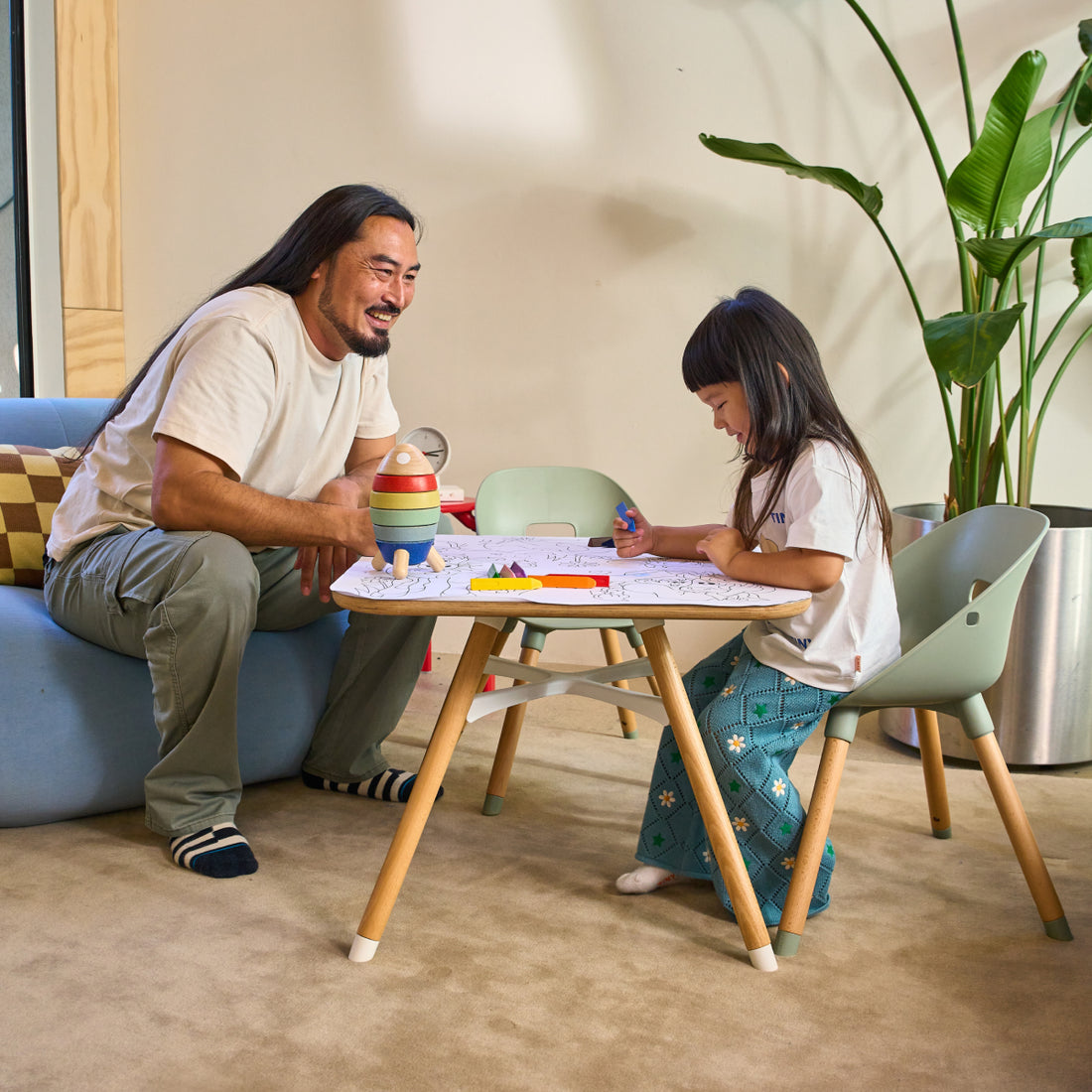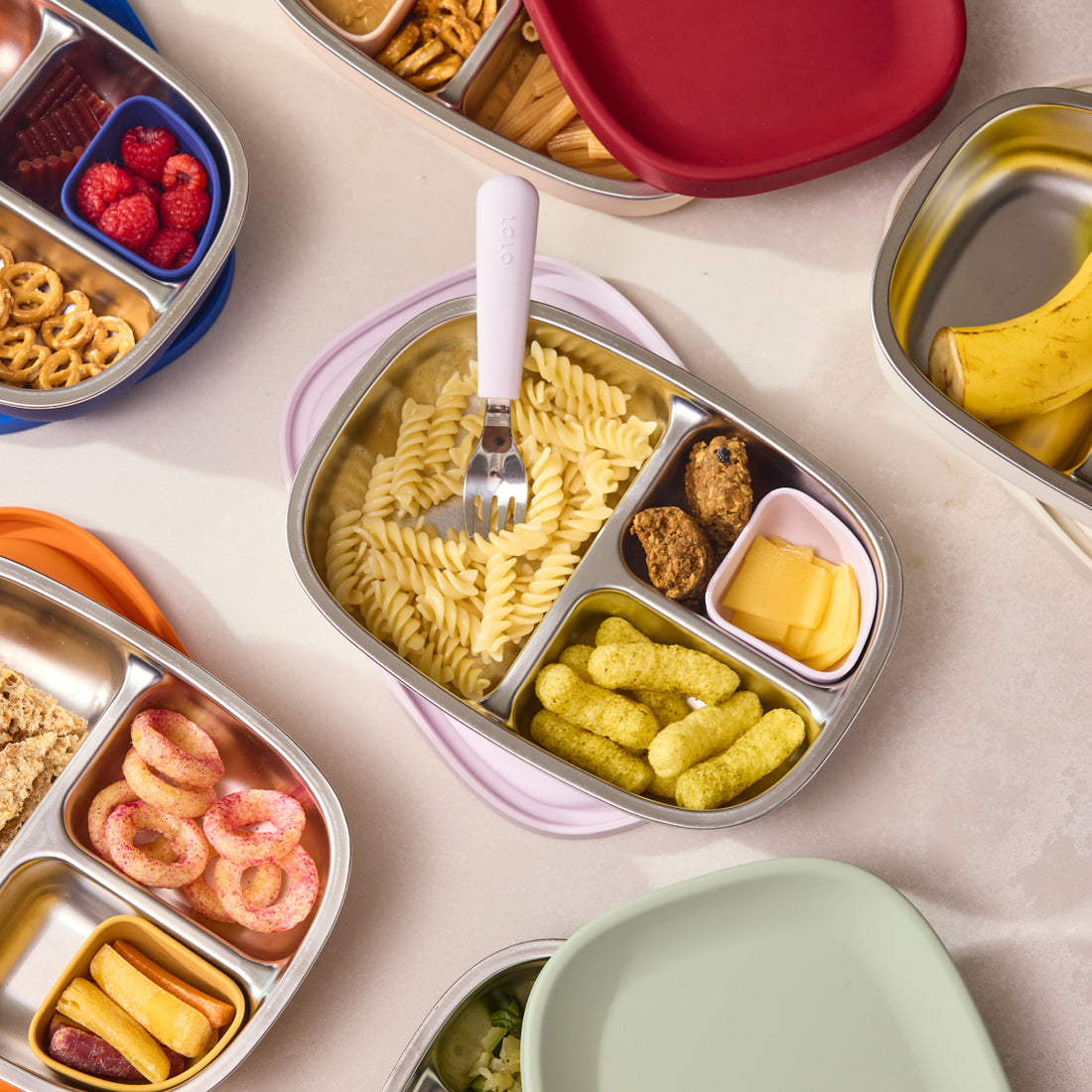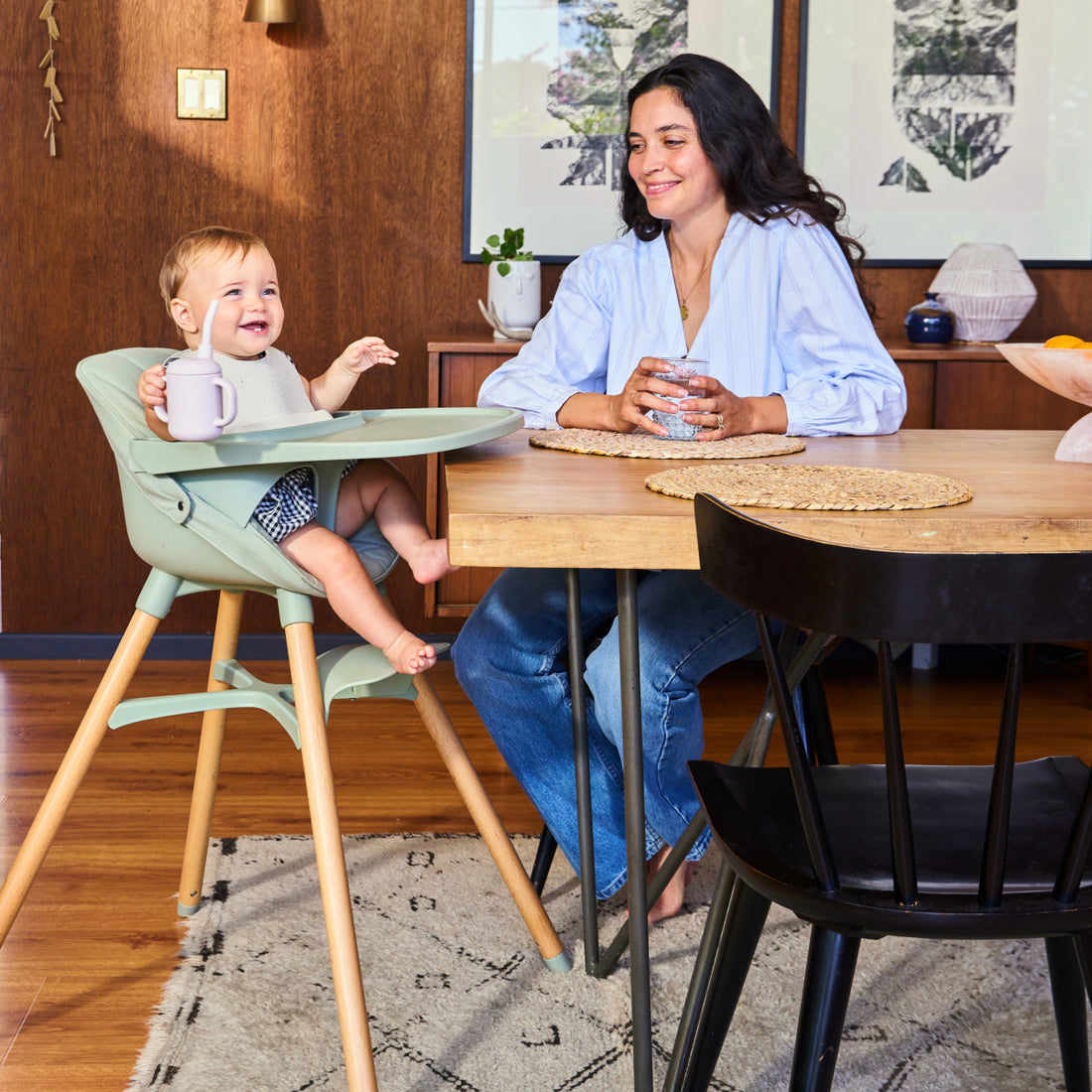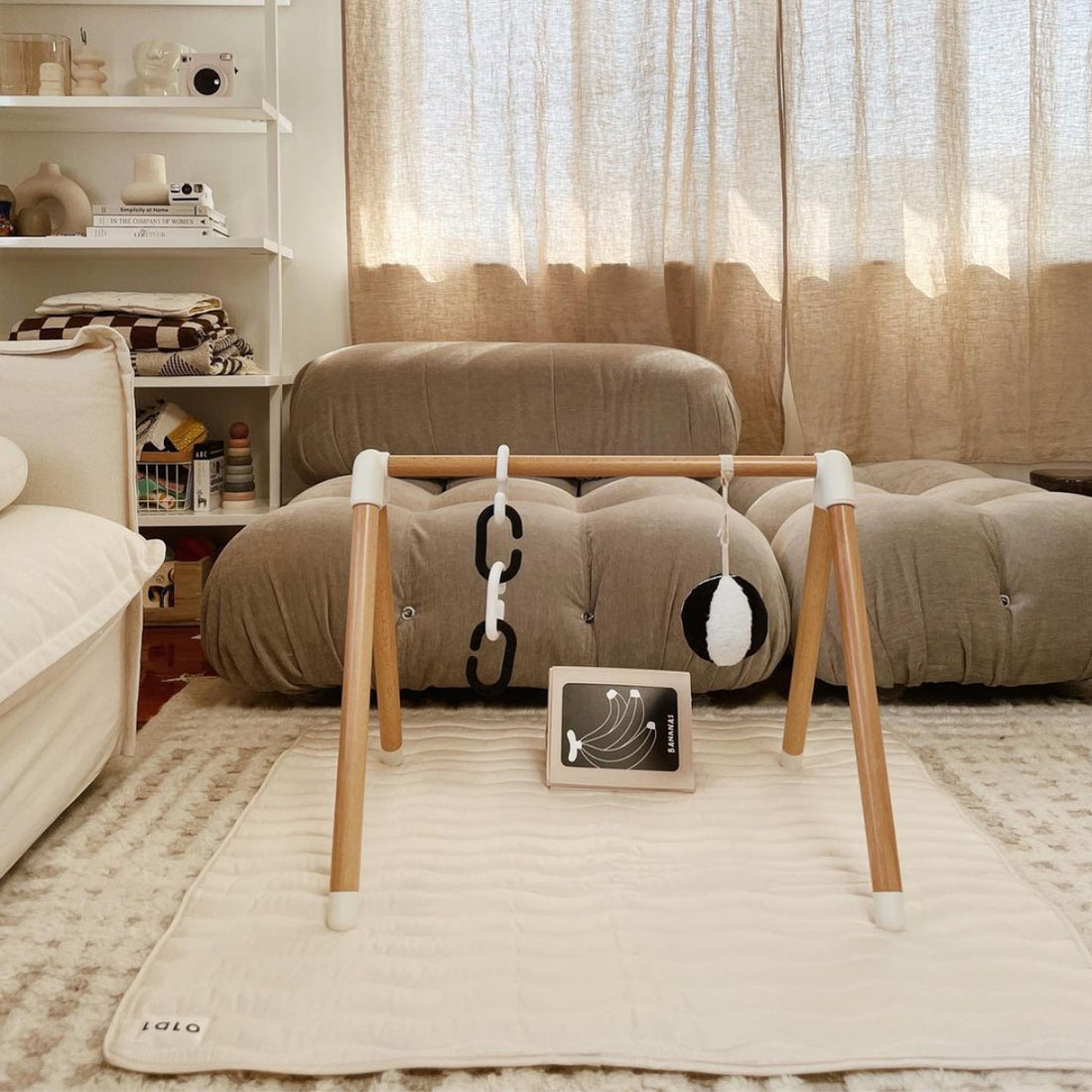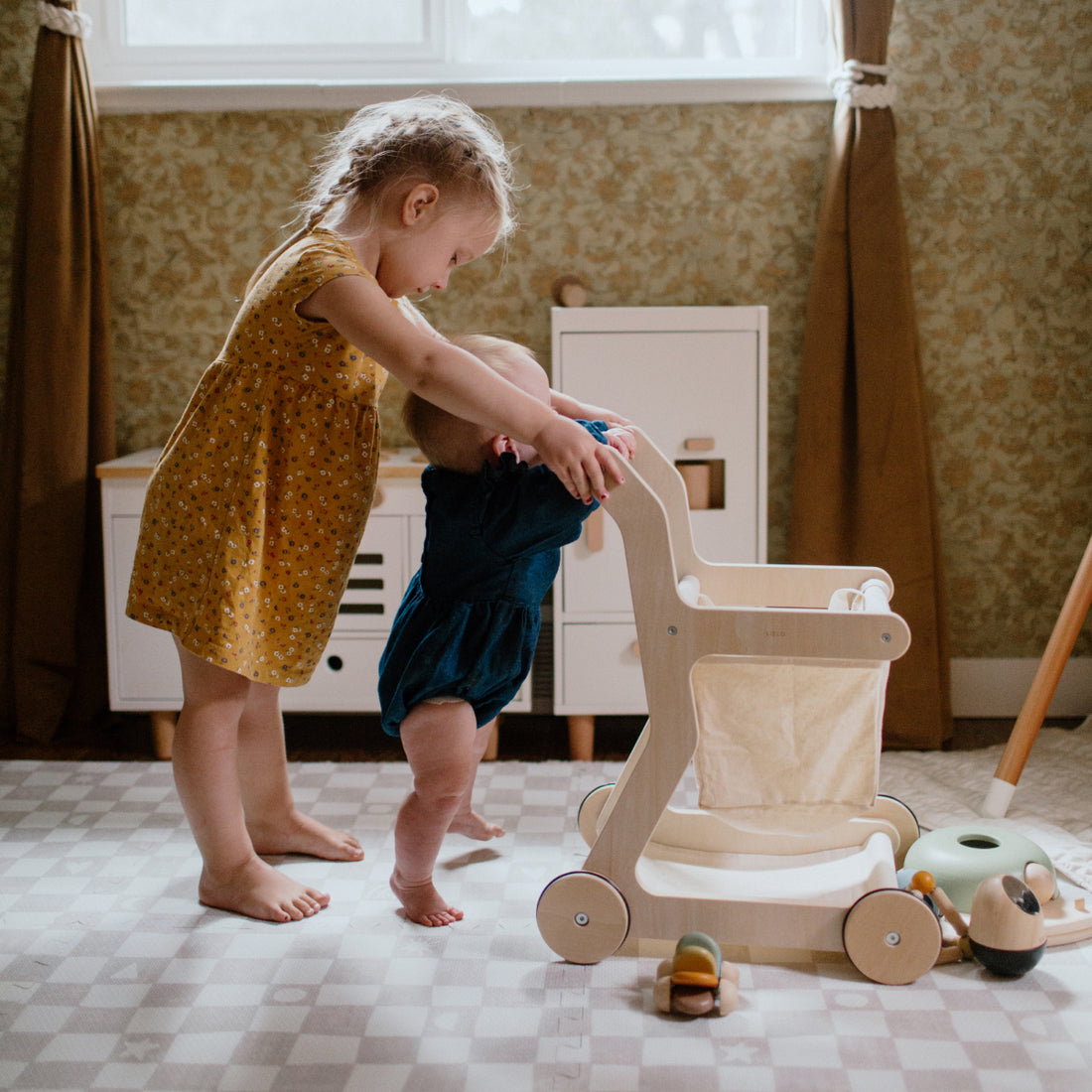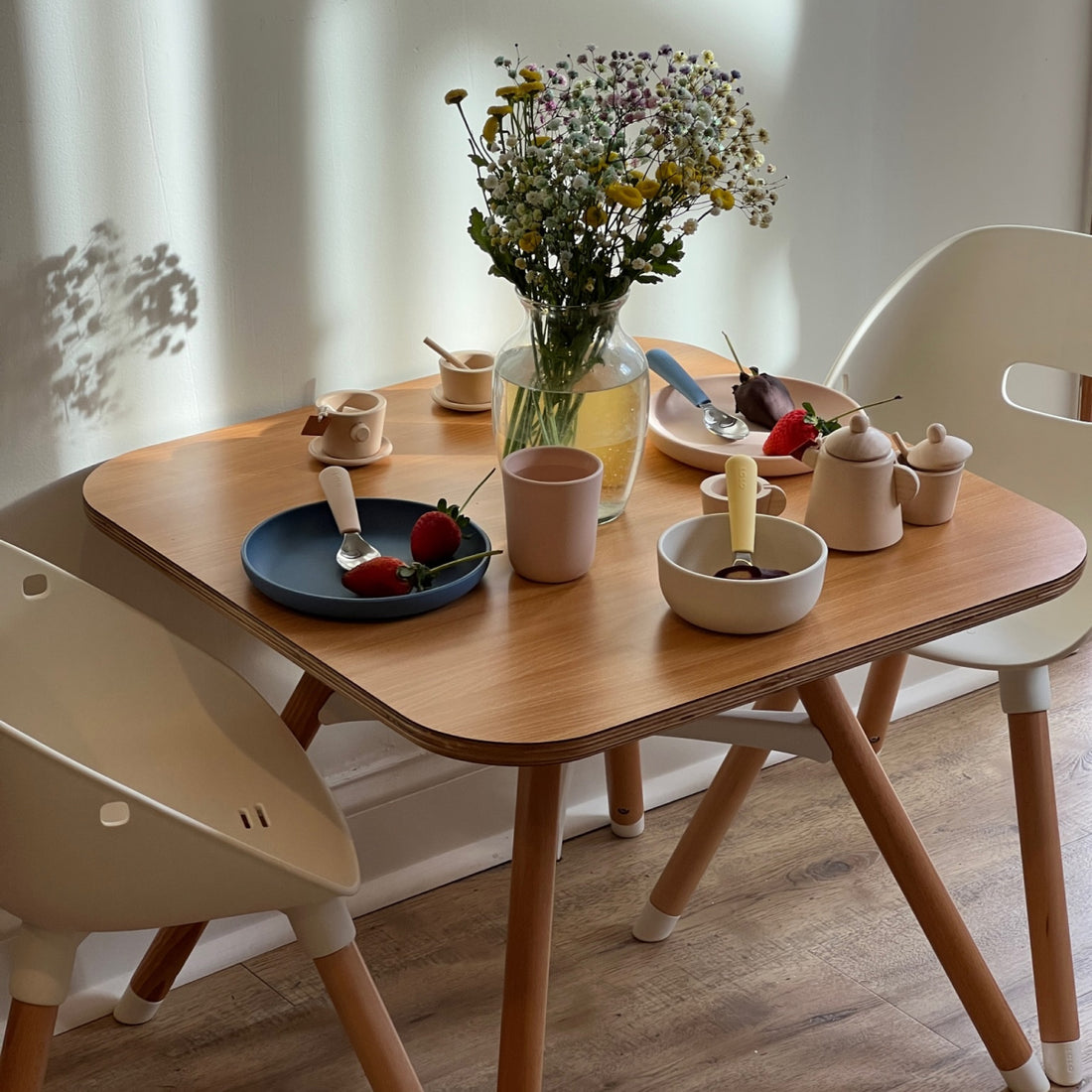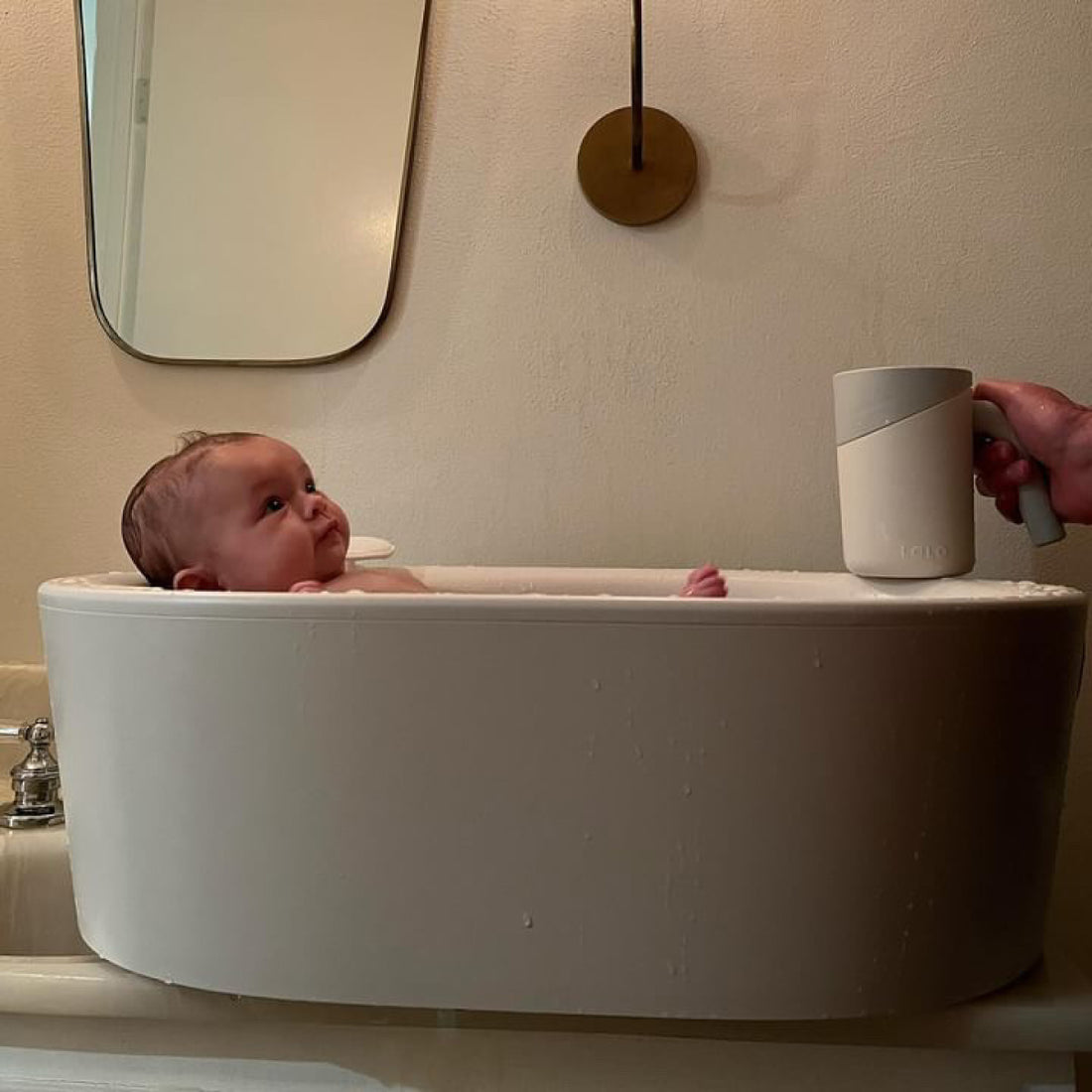For a new parent, every day is an amazing learning experience, with you soaking up every memorable moment. You’re eagerly anticipating your baby’s first smile and laugh. You want to witness the first time your baby rolls over, sits up, and crawls. You’re probably excited to introduce a variety of tastes and textures to help your baby love food, and you’ve most likely bought an easy-to-clean high chair. You’re ready for a messy but fun time.
You’re also on the lookout for any clues about your little one’s well-being, and you closely monitor everything your baby does—including what’s going on in their diaper. You may find yourself observing every aspect of their bowel movements, from color and texture to frequency.
Your baby’s bowel movements will change a lot throughout the early stages of their life as their diet changes. Occasionally, these changes may indicate that your baby is constipated.
Constipation is common among babies, so there’s no need to be alarmed. Still, to ease your mind, we’ve put together the most common signs and causes of constipation, as well as how to help a baby poop and relieve discomfort.
What is baby constipation?
Constipation is characterized as a prolonged delay or trouble pooping that persists for longer than two weeks. It's common for babies, particularly breastfed infants, to go days without any bowel movement, which makes determining when they're constipated a challenge.
How often should your baby poop?
Normal bowel movement patterns in healthy infants vary widely based on what they’re consuming.
Babies fed with formula tend to pass stool at least once a day. On the other hand, babies fed with breast milk may pass stool as often as three to four times each day. There are also some babies who may go longer between bowel movements without becoming constipated. All of these are normal!
Once you add solids to your baby’s diet and as their digestive system matures, their bowel movements will also evolve and change.
It's normal for a baby to go days or even more than a week without a bowel movement. Knowing a few basic facts about your baby's digestion can help you keep things in perspective and recognize if your baby needs a little help.
How do you know if your baby is constipated?
Constipation symptoms in babies vary based on their age and diet. The most obvious sign of constipation in babies is having hard stools before they even start on solids.
Other indicators of a baby's constipation include:
- infrequent bowel movements
- hard, pellet-like stools
- clay-like stool consistency
- long periods of straining or crying when passing a stool
- streaks of bright red blood in the stool
- belly pain and bloating
- refusing to eat
What causes constipation in babies?
There can be a lot of different reasons your baby won’t poop. A variety of things can cause constipation, from diet to lack of exercise. Here are a few of the most common causes of baby constipation:
Switching from Breastmilk to Formula
Your baby may become constipated after switching from breastfeeding to mixed- or bottle-feeding, as their digestion adjusts to the new diet.
Formula
Formula-fed babies are more prone to constipation than breastfed babies because formula spends a longer time in the digestive tract. This results in harder stools.
Adding too much or over-mixing formula can also lead to baby constipation. If the mixture contains an excess amount of dry formula and the baby does not receive enough water, dehydration and constipation may occur.
Introducing Solids
Eating solid foods is a major transition for tiny stomachs accustomed to an easily digestible liquid diet. Certain foods, such as bananas and potatoes, can be more difficult to digest, resulting in constipation.
Low Fluid Intake
Babies can become dehydrated when they’re exposed to heat or when they’re not getting enough fluids.
Lack of Exercise
Inactivity is a significant factor in constipation. Without exercise to increase blood flow in the abdomen, there is insufficient activity to encourage bowel movement and make passing stools easier.
How can you help your baby poop and relieve constipation?
If your baby is constipated, a pediatrician may recommend using home remedies as a first-line treatment to help your baby poop.
If you notice signs of constipation, you can try several of the following strategies to give your baby relief:
A Different Kind of Milk
If your baby is breastfed, you can review what you eat and experiment with dietary changes. Though not common, your baby may be allergic to something you eat, resulting in constipation.
Constipation may also be caused by hypersensitivity to certain ingredients in milk formula. If your baby is bottle-fed, you may want to try a different brand—at least until constipation is gone. Just bear in mind that you should not switch to a dairy-free formula without first consulting a pediatrician.
High-Fiber Solids
If your baby has started eating solids, look to introduce foods that are good sources of fiber. Many fruits and vegetables can help your baby poop because of their high fiber content.
Some of the best foods to help a baby poop are broccoli, skinless apples, peaches, pears, plums, and prunes. Instead of refined cereal, give your baby whole-grain bread, crackers, and bran cereals that add a lot of bulk to stool and may help with constipation relief.
Additionally, introduce new food one at a time to determine which, if any, causes constipation. You can also prepare for baby-led weaning with a solids starter kit designed to make it easy for you and your baby to enjoy a range of healthy meals, from the time they begin with solids.
Hydration
Proper hydration is among the best ways to help a baby poop. While newborn babies generally do not require more liquids since they receive their hydration from breast milk or formula, constipated babies may benefit from small amounts of additional fluids.
Keep your baby hydrated with enough water and liquids. For babies over six months, offering the occasional prune or pear juice in a sippy cup may help accelerate bowel movement.
Exercise
Movement aids digestion, helping speed up the passage of food in your baby’s body. Get your little one the Lalo Play Gym to encourage exercise, tummy time, and movement.
If your baby is not walking or crawling yet, leg bicycles may help your baby poop. While your baby is lying on their back, gently move their legs to simulate the motion of riding a bicycle. This may help improve digestive function and relieve constipation.
A Warm Bath
By giving your baby a warm bath, you can help them relax their abdominal muscles and stop straining. Additionally, a nice, warm bath can help relieve some of the pain and discomfort constipation brings.
Massage
Gently massaging your baby’s stomach and lower abdomen may stimulate the bowels and help them pass stool more easily. Using your fingertip, make circular motions on your baby’s belly in a clockwise pattern. You can also hold your baby’s knees and feet together and gently press the feet toward the abdomen.
Performing these gentle massages throughout the day can help your baby poop.
Final Thoughts
No one wants to see their baby in pain, suffering from constipation. If you’ve tried all the strategies listed above but found no success, don’t panic—you’re not alone! It may simply be time to contact your baby’s pediatrician to prescribe a stool softener. Just remember that stool softeners or laxatives should never be given without a doctor’s advice.
And for a fun way to introduce fiber-rich solids and healthy eating habits to prevent constipation, shop at Lalo and choose from our Mealtime Best Sellers, today.
Parenting is not an easy job, but it’s one of the most important roles you’ll ever play. We want you to know that you’re not alone and that we’ll always have your back! Find more tips and parenting hacks on our blog一don’t worry, you got this! And for baby essentials, shop at Lalo, today.


